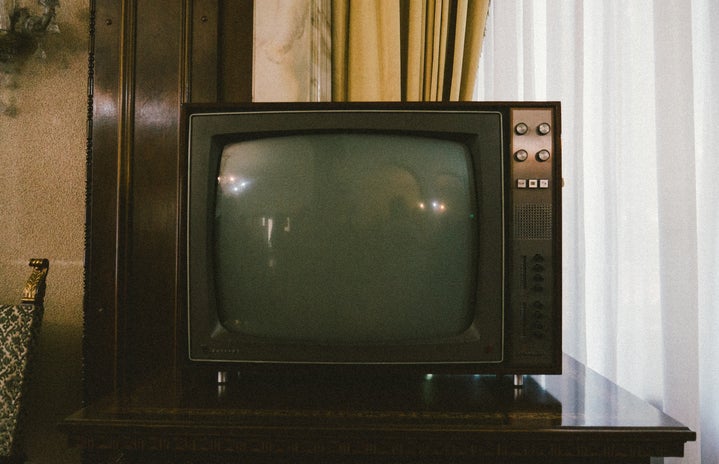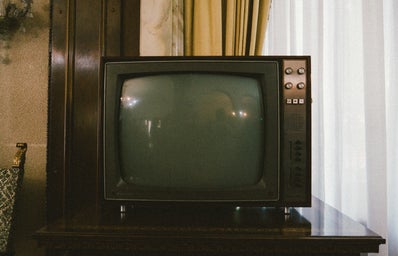The CBS reality show Big Brother is a summer favorite. The premise of the show is simple: a group of strangers, from all walks of life, compete for $500K. They are trapped in a house with cameras recording them at all times. The ‘houseguests’ can only leave if the majority votes them off or if they win the game. In order to be safe from eviction, houseguests play in weekly competitions to gain power. The show is a massive success; it’s lasted for twenty years while inspiring spin-offs and international adaptations.
This year they did an “all-star” season. The production team brought back fan favorites and strong players to compete for the grand prize. 2020 has been a year of continuous cancellations because of the pandemic. So when my favorite show was still planning to air, I was ecstatic. But, that excitement quickly disappeared when the competition was underway. Many fans (including myself) have referred to this season as the worst of all time. And the ratings were significantly lower than previous seasons.
This season of Big Brother was set up for success, so why did it cause this much controversy?
In short, it’s because of tribalism. One of the show’s massive problems is the serious lack of diversity. Each year, they cast the same archetypes to fill a quota. It’s meant to give off the impression of inclusivity. But that’s far from the case when eleven out of sixteen competitors are white. The lack of diversity has always put people of color at a disadvantage in this game. A crucial part of the Big Brother game is creating alliances. And this season was no different. A large alliance nicknamed ‘The Committee’ won most of the competitions and controlled the game. But it was obvious that this group purposely excluded people of color, members of the LGBTQ+ community, and houseguests with disabilities.
The premise of the show is that the competitors are being watched 24/7 by cameras placed around the house. Big Brother fans could watch live, unscripted content that didn’t necessarily air. Because of this, fans have witnessed countless microaggressions made towards minorities. CBS refused to show these moments on the weekly episodes because it would ruin the show’s reputation.
Ian Terry, one of the houseguests this season, has been vocal about his autism and his hardships because of it. While he inspired countless fans for participating in a game deemed a social experiment, ‘The Committee’ did not feel the same way. Ian was mocked continuously for his behavior. Some players talked about how he exaggerated his disability for sympathy; and others came up with ways to purposely make him anxious.
The racist behavior on this show has always been a problem, but especially this season. Not only were people of color constantly excluded from game decisions, but they were subject to discriminatory comments. Christmas Abbott, one of the houseguests in ‘The Committee,’ said that she was “going to get shot” after targeting two African-American houseguests in the game. Cody Calafiore, the eventual winner of this season, compared houseguest David Alexander to O.J. Simpson. And houseguest Tyler Crispen was accused of weaponizing the Black Lives Matter movement for game purposes.
Fan favorite Da’Vonne Rogers talked about her experience by saying, “It did break my heart that this alliance consisted of no people of color at all whatsoever. And it excluded Ian which really made me mad.” The minorities on the show “never had a chance. The only way we stood a chance was to win [competitions].” They couldn’t rely on the social aspect of the game the same way others could.
Big Brother has always fascinated me: a social experiment about gaining power and using it to one’s advantage. But each year, the blatant discrimination has become more and more apparent. And it’s hard to defend my reasoning for watching this show. I thought an all-star season would be different. After all, these were the people CBS chose to represent their show. But after this horrendous season and CBS’ response to it, Big Brother needs to change tremendously or end altogether.


